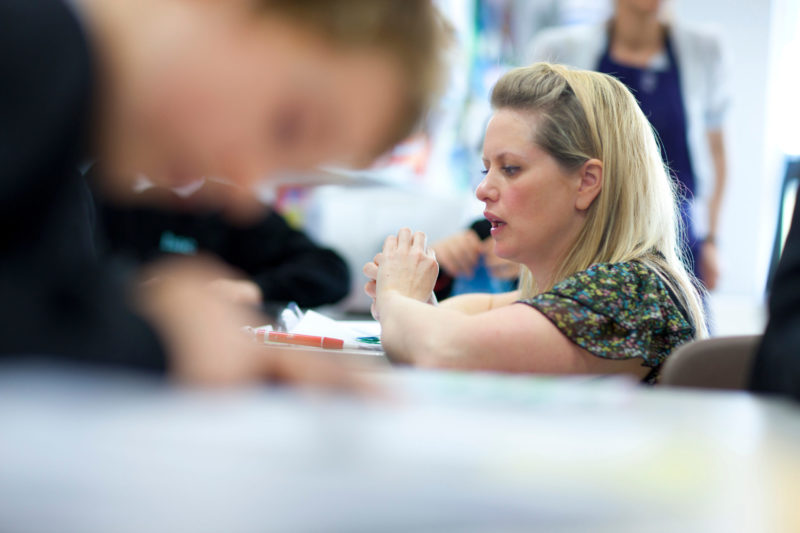The day to day existence of a teacher has changed beyond recognition this year as we moved from classroom to remote learning; from bubble to zone; back to remote learning and now back to the classroom once more! Phewf!
Given the many, many ways we have adapted as a profession; isn’t it time to take stock of what has worked in our favour? Whilst you might be glad to avoid virtually stepping into a Google Classroom or Teams meeting ever again; what practices have you/ your school adopted that you might like to keep?
If you’re a school leader now is a great time to complete a staff survey thinking about what practices staff would like to keep, what weaknesses lockdown may have exposed and areas to improve upon, what things you started or could start now you’re looking at provision with fresh eyes, or what you stopped doing that now needs restarting (e.g. extra curricular).
In my school we’ve asked staff their thoughts on practices we’ve adopted this year that we’d like to keep, such as: virtual parents evenings (in which engagement felt higher than in person parents evenings), virtual open evening/transition events and even virtual careers events. In an ideal world I know we’d all love to see a little bit more flexibility in the working day/ week too!
As ever, when considering changing working practice don’t forget to consider workload. A particular area of interest for me is marking and feedback. Using self marked quizzes via Google Forms, Rubrics on Google Docs and mote (voicenotes) on Google Doc, as well as the ability to give meaningful personalised live verbal feedback in lessons: marking and feedback has had a real shake up the past few months. It’s great that some of these methods have reduced workload but the question that must be considered is do these methods impact progress? So student voice is crucial in deciding our next steps.
Likewise with learning; don’t forget to ask the students what has worked for them too. Many students have enjoyed the independence of lockdown and the interactivity that technology has provided. Often quieter pupils who wouldn’t volunteer an answer in class will answer in the chat online – how can we incorporate such techniques into in-school learning? I sense a mini-whiteboard coming on!
In your own teaching practice you will know what has worked best for your learners and for you: so now spend some time reflecting on how that can be incorporated into your classroom practice. For example, I’m going to embed thinking time into my questioning much more than I did before, to help increase the participation of those who might not usually answer. I’ll be using mini whiteboards/ big paper to help me give verbal feedback (in COVID times specifically so I can maintain distance) as I have noticed how effective that has been in accelerating progress. As a department we’re going to look into how we can utilise Google Forms and Rubrics as an assessment tool more frequently to help minimise marking workload, and as a way to structure interleaving/ prior knowledge.
I hope, as we get back into the swing of things, schools will take a moment to ask staff and students to reflect. I hope they’ll listen to what they have to say about their lockdown experiences and adapt. It feels like an exciting (if exhausting) time to be a teacher. If COVID has taught us one thing it’s that throwing the rule book out of the window is possible and it can yield some interesting, workable results. What will you change?
Sarah Eggleton is Assistant Headteacher and Head of English at Stretford High School.
